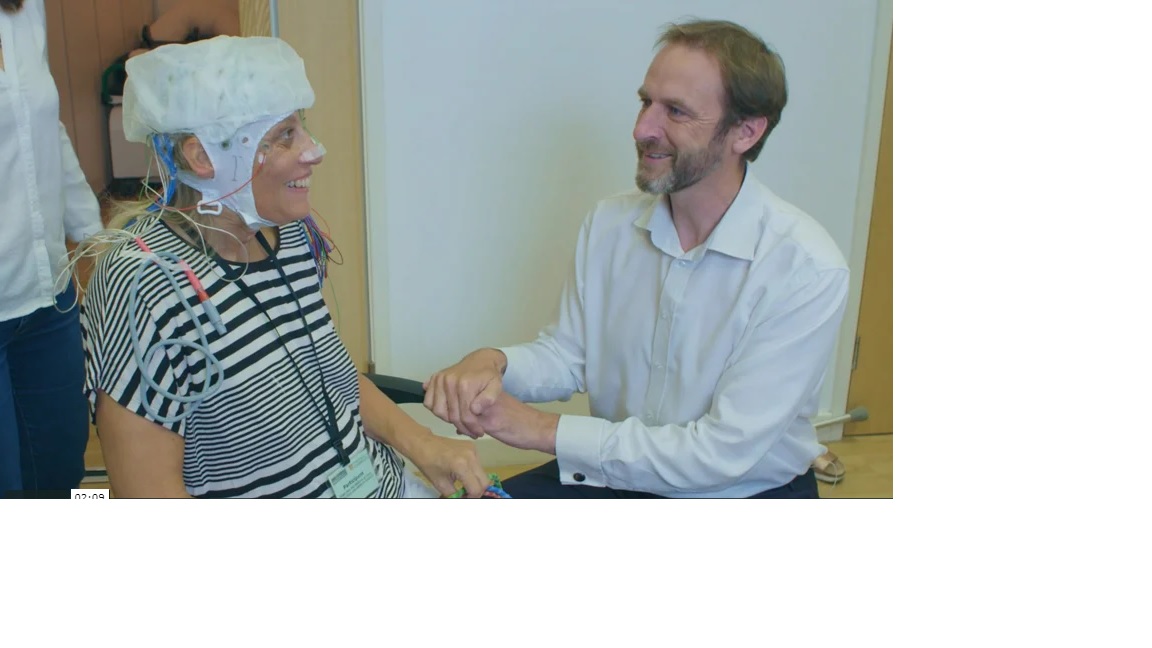Submitted by Beatrix Kiddle on Thu, 18/07/2019 - 10:05
Professor Rowe and Dr Rittman are happy to consider PhD applicants for the academic year 2020-2021.
Please look at the following link for funding available through the Department of Clinical Neurosciences: https://www-neurosciences.medschl.cam.ac.uk/workandstudy/postgraduate-training/research-projects/
Here are the projects available for supervision in our lab:
- Progression in Neurodegenerative Tauopathies: neuroimaging biomarkers and disease models (Co-supervised by Dr Timothy Rittman)
One of the challenges in understanding neurodegenerative disorders is to relate the effect of genetic and molecular changes associated with disease to the level of the whole brain. Increasing evidence points towards the vulnerability of macro-scale brain networks in the progression of neurodegeneration. In order to investigate disease progression in brain networks, this project in the Cambridge Centre for Parkinson plus will examine changes in structural networks in tau associated neurodegenerative diseases. These scans are drawn from a cohort study of people with the primary tauopathies of Progressive Supranuclear Palsy, Corticobasal Degeneration and Frontotemporal Dementia. Imaging data will be enriched with information available from post-mortem tissue to anchor the models in neuropathological changes, and with clinical cognitive data to gauge the influence of structural changes on clinical syndromes. There may be opportunities to extend this work with multimodal imaging techniques such as functional MRI. The successful candidate will use structural imaging techniques such as Diffusion Tensor Imaging and cortical thickness analysis (freesurfer) to understand the progression of tau associated neurodegenerative pathology through the brain. The candidate will build computational models that can be used to test hypotheses of tau spread and regional susceptibility. A familiarity with coding languages is essential and some experience of neuroimaging analysis is highly desirable.
The project will be co-supervised by Dr Timothy Rittman, a clinician scientist with extensive experience in neuroimaging applied to neurodegenerative diseases and genetics. This project supports the wider work of the Cambridge Centre for Parkinson’s Plus (https://ccpp.cam.ac.uk/)
- Bridging the gap in frontotemporal dementia: from cell to cognition.
Your PhD will work across models of brain disease and human brain imaging (MEG), to understand the mechanisms of action of candidate drug treatments for frontotemporal dementia. You will validate these models of human brain function with spectrocscopy, neuropathological data or PET measurements of synapse density.
One of the major challenges in dementia research is how to harness rapid advances in cell and molecular knowledge of disease to understand the human patient syndrome, and to treat it better. Frontotemporal dementia is a common young-onset dementia, with dramatic changes in behaviour and language. It is strongly genetic, and has focal changes in frontal and temporal cortex, which can be described will molecular and cellular precision. Our group at the Centre for Frontotemporal Dementia (ftd.neurology.cam.ac.uk) has developed detailed models of cortical microcircuits, that can generate evoked electromagnetic responses that match magnetoencephalographic recordings. Our senior post doctoral team and world-class facilities for brain imaging and informatics will ensure the success of an innovative and impactful PhD in translational neuroscience.

